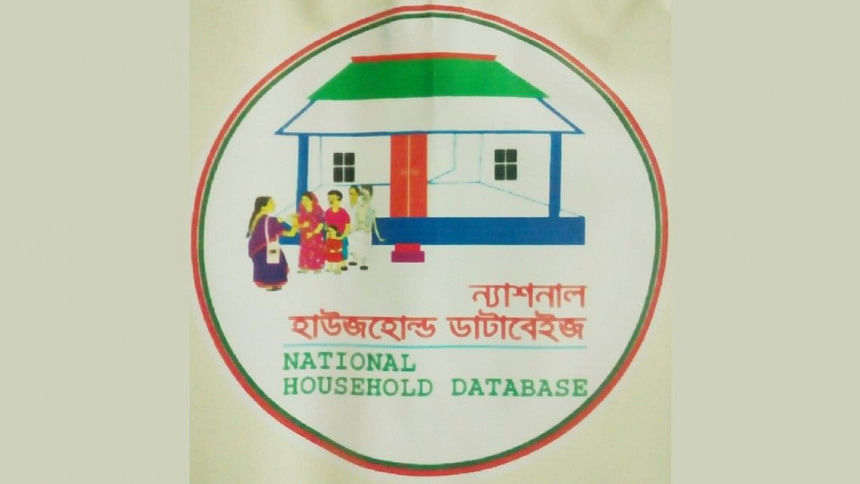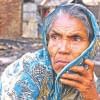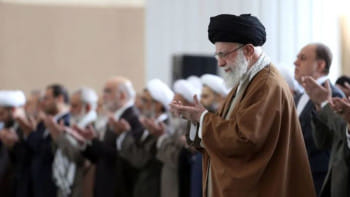The most vulnerable must benefit from govt's safety net programmes

While it's good to know that the government will be using the National Household Database (NHD)—which is expected to be complete by June this year—from the next fiscal year to better target the social safety net programmes, this can only be useful if the loopholes in the database are addressed and the data is regularly updated. Reportedly, the Bangladesh Bureau of Statistics (BBS) and the Department of Disaster Management (DDM) have developed the database, expected to serve as a poverty registry, by collecting data from 35 million families from all 64 districts in three phases in 2017 and 2018. This means that even if it's ready for use in the next fiscal year, it will be challenging to identify the real beneficiaries as the data has become dated already, particularly because the Covid-19 pandemic has created many new poor who have not been included in the database.
While we appreciate the government for gradually bringing more people under its social safety net programmes—362 of the 495 upazilas of the country will get full coverage of such schemes from the next fiscal year—we think the focus needs to be on bringing the most vulnerable under these schemes. Thus, while choosing the beneficiaries, the government should prioritise the elderly and disabled people as well as widows, deserted and destitute women. Reportedly, there have been many irregularities in selecting the right people for such schemes. We have seen this during the pandemic, when the government struggled to provide cash incentives to the right people.
Direct cash transfer programmes through mobile financial services have been found to be more helpful than the provision of family cards or products at subsidised rates. However, the current allowance of Tk 500 is just not enough considering the rising costs of essentials.
In order for the government's social safety net programmes to address the real plight of the poor and ultra poor, the most important work would be to enlist the right beneficiaries. Merging the NHD with the dataset collected by the local government bodies during the pandemic could be a good starting point, as experts have suggested. In addition, the latest edition of the Household Income and Expenditure Survey (HEIS), which is expected to be completed by December this year, should help in identifying the right beneficiaries. Moreover, the importance of updating these databases on a regular basis cannot be underestimated as only with updated data can the government take appropriate monetary policies to eradicate poverty from Bangladesh.

 For all latest news, follow The Daily Star's Google News channel.
For all latest news, follow The Daily Star's Google News channel. 








Comments